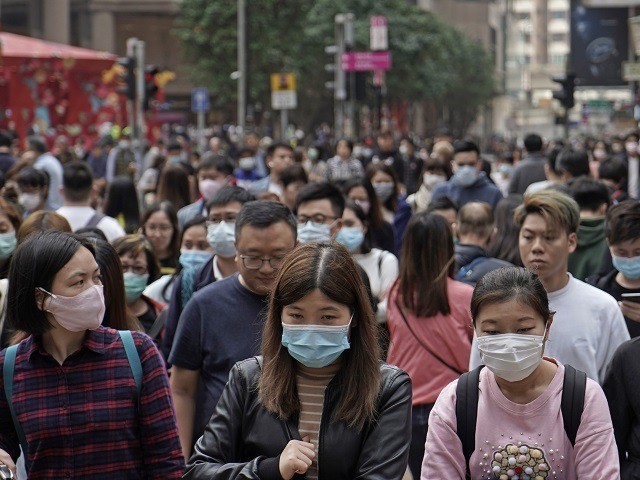Researchers in Hong Kong say they have developed a vaccine for the coronavirus epidemic spreading from Wuhan, China, but they need several months to conduct testing on animals and at least a year to complete clinical trials on humans.
Scientists around the world are racing to create an effective vaccine for the virus, which has now infected some 6,000 people and killed over a hundred of them. Professor Yuen Kwok-yung of Hong Kong University (HKU) said on Tuesday his team has successfully isolated the virus and “produced the vaccine,” adapting it from an existing nasal spray vaccine for the flu.
Yuen was skeptical of claims by Chinese scientists that they could have a vaccine ready for deployment in about a month, pointing to the lengthy test period that would normally be required.
Yuen also suspected the Chinese treatment was developed using virus samples that were neutralized with chemicals or radiation, a faster but less effective method than the one employed by HKU researchers. In fact, this method could be downright dangerous, as Yuen explained patients could be exposed to even more dangerous diseases by their reaction to the quickly-produced vaccine.
Chinese state media reported on Tuesday that Tongji University’s Shanghai East Hospital has been approved for a “fast-tracked” vaccine project in association with a pharmaceutical company called Stermirna Therapeutics Co. Ltd. The project is said to be using a “new generation of mRNA technology” that can produce useful vaccines much more quickly than the six-month development cycle typical for older methods.
mRNA stands for “Messenger RNA.” To use very blunt terms, the Tongji University scientists are talking about genetically engineering a vaccine, or more precisely genetically engineering a stimulant that will prompt the bodies of infected patients to manufacture a protein that kills the coronavirus.
A few vaccines have been developed using this new technique, but most of them are still in testing, which takes a comparable amount of time even though mRNA vaccine development is much faster than earlier methods. The best-case scenarios given by most research scientists indicate mRNA vaccines for the Wuhan coronavirus could be ready for deployment only a little sooner than the one-year timetable given by Prof. Yuen.

COMMENTS
Please let us know if you're having issues with commenting.